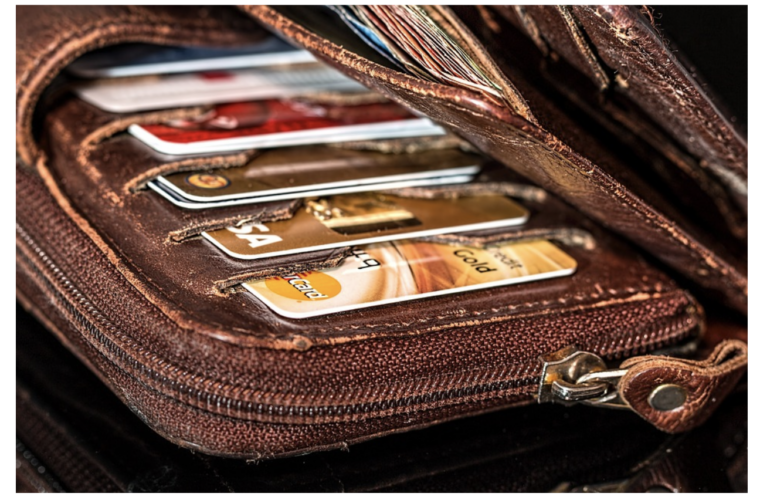7 Ways to Get Out of High-Interest Credit Card Debt — Fast
Image Source: Pixabay
Credit card debt is a big problem for many Americans. Approximately eight out of ten Americans carry a balance on their credit cards, and the average interest rate is over 17%. It can be hard to keep up with payments when carrying large amounts of high-interest debt. Getting out of debt as quickly as possible is essential to avoid late payments, fees, and other debt-related issues. The bad news is many people don’t have the extra money to pay down debt quickly. However, there are still ways to get out of high-interest credit card debt quickly and save money.
-
Consolidate Your Debt
Debt consolidation is a great way to get out of debt quickly. Consolidating your debt, also known as “rolling over” your credit card debt, involves transferring all of the balances from different cards into one new loan with a lower interest rate. This can help you save money on interest and make it easier to keep up with payments. Plus, having one lower monthly payment can make debt repayment more manageable. An investing credit card is an excellent option for consolidating debt. If you have good credit, you may be able to find a balance-transfer card with an introductory 0% APR for 12–18 months.
2. Consider a Debt Management Plan
If debt consolidation isn’t an option, consider setting up a debt management plan (DMP). A DMP is a repayment plan set up by a nonprofit credit counseling agency. It helps you make one monthly payment to the counseling agency, which uses the funds to pay your creditors. The goal is to reduce interest rates and get rid of late fees to become debt-free faster.
A debt management plan is an excellent option for anyone who needs help getting out of debt quickly and efficiently.
3. Make Additional Payments
Credit card debts don’t limit you to just making the minimum payment. Making additional payments can help you pay off debt faster. You must make an extra monthly payment toward the card with the highest interest rate. This will help you save money on interest, and you’ll likely pay off this debt much faster than the others.
4. Negotiate With Creditors
If you can’t afford your minimum payments, you can always try to negotiate with your creditors. For example, if you’re struggling to pay off a large credit card bill, contact the company and explain your situation. Offer to make a lump-sum payment lower than the balance but more than the minimum payment. Another option is to ask for a lower interest rate or a temporary break from making payments.
5. Create a Budget
Budgeting may seem like an obvious solution, but it is often overlooked. Creating a budget can help you stay organized and on track with your payments. It’s important to remember that budgeting isn’t just about cutting expenses — it’s also about finding ways to increase income. Try picking up an extra job or selling some of your unwanted items. Any little bit of money can help reduce your debt.
6. Try the Snowball Method
The snowball method can be a great way to stay organized if you’re trying to pay off several different credit cards. The idea is to start by paying off the card with the smallest balance first and then move on to the next. The goal of the snowball method is to build momentum as you progress so that by the time you reach the larger balances, you’ll have more money to put toward them.
7. Get Help From Friends or Family
Debts can be overwhelming; sometimes, the most challenging part is asking for help. But if you’re struggling, don’t hesitate to contact friends or family members for assistance. They may be willing to help you pay off your debt or offer valuable advice on how to best manage it. You can also get a loan from close friends or family to pay off the debt quicker.
Credit card debt can be frustrating, mainly if it attracts huge interest rates. Luckily, there are many options you can use to pay off the debt faster and more efficiently. Regardless of your choice, the most important thing is to have a plan and stick with it. With patience, dedication, and the right strategy, you can be debt-free sooner than you think.

